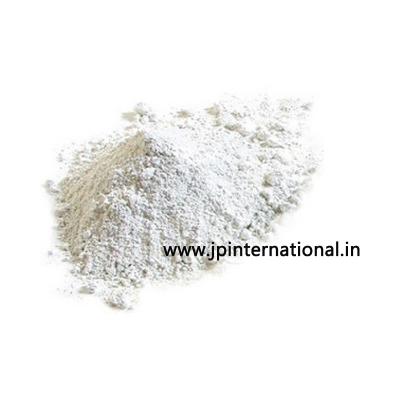
Kaolin clay Exporter also referred to as the china clay is a soft white clay that plays an important role in the manufacturing of the porcelain. Also, it is widely being used for processing the paper, paint, rubber, and lots of other products. When we talk about kaolin in its natural form, it is soft that consists of the kaolinite mineral which when observed under the microscope is known for existing the hexagonal and platy crystal shape and has a size that ranges from 0.1 to 10 micrometers. These are in the vermicular forms that occur in millimeter sizes.
The kaolin found in nature generally occurs in a number of quantities of other minerals like muscovite, feldspar, anatase and quartz. In addition to this, the natural kaolin is stained yellow that is formed by the iron hydroxide pigments. These are often required for bleaching the clay chemically for eliminating the iron pigments. Also, it is washed with water so that the kaolin is made available for other commercial uses.
Do you know why kaolin clay is considered best for the paint industry? The answer to this question is that it has good color absorbing capability distribution of particle size is even and has best adhering properties. Also, it is one of the reasonable and cost effective extender pigmenting agents in the paint industry.
The physical properties of kaolin clay are listed below:
The advantages of kaolin clay are listed below:
Kaolin clay is also used for processing the ceramic paints. It is also used for the manufacturing the paper, rubber, plastics, pigments, pesticides, fertilizers and more. Thus, there are many kaolin clay exporters in India who extract and manufacture the kaolin clay.
Another use of kaolin clay is that it is used as extenders for the formation of the paints. The kaolin that is found in the paint affect the properties of the structure of the paint in such a manner that it acts like scrub resistance, mud crack resistance sheen and gloss and a specific type of effect on opaque object.